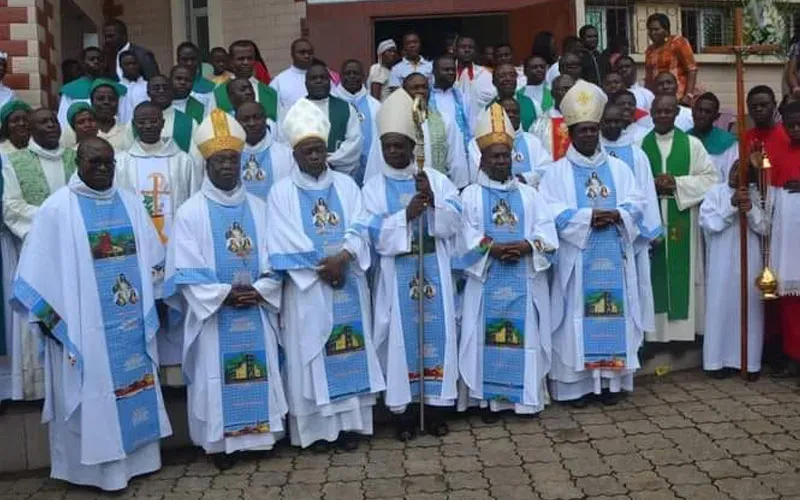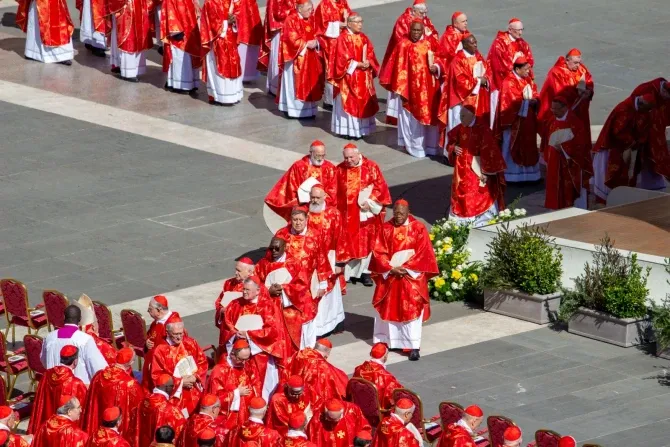“Having been first hand witnesses to the ravages of war and the evils that have come with the armed struggle in these two Regions of Cameroon and as frontline advocates of peace, we, the Religious leaders of the North West and South West Regions welcome this statement as a major step towards the search for true, sustainable, and lasting peace in these two Regions,” the religious leaders say.
They add, “This has been our prayer and we are thankful to God that a hopeful corridor is beginning to open for inclusive dialogue that should usher in a peaceful resolution of the distressful socio-political crisis in the English-speaking Regions of Cameroon.”
“As Religious Leaders, we remain independent and sovereign – the voice of the voiceless and therefore we wish to appeal to all the stakeholders in this peace process to be honest, God-fearing, sincere, humble, and patriotic throughout the entire announced peace process and let the spirit of God assist them in their deliberations,” the faith-based leaders say in the statement dated January 23.
They appeal for prayers for the success of the peace talks, saying, “It is our hope and prayer that all the parties will keep aside their personal and/or political or other exclusive interests, but will sincerely and determinedly work for the common good, inspired by truth, justice, love, and equity.”
“Pride, might, power and egoism should give way to humility, service, and altruistic love for the people of our country, especially the suffering masses within the conflict zones,” the religious leaders say in their two-page statement signed by the Archbishop of Bamenda, Andrew Nkea Fuanya, the Moderator of the Presbyterian Church in Cameroon, the Imams of the Buea and Bamenda central Mosques, the Executive President of the Cameroon Baptist Convention and the representative of the Anglican Church,
Cameroon’s English-speaking regions plunged into conflict in 2016 after a protest by lawyers and teachers turned violent. An armed movement of separatists claiming independence for the so-called republic of Ambazonia emerged following the government’s crackdown on protesters.
School boycotts have become common in these areas, as have enforced moratoriums on public life known as "ghost towns".
In their January 23 collective statement, religious leaders in Cameroon’s Anglophone regions appeal for an immediate cessation of violence.
“As we heartily welcome this announcement of a peace process, it is undeniable that violence is still a reality in the two affected Regions. Killings, kidnappings, roadblocks, lack of free circulation, intimidation and abuse of human rights are still rife and the population is still subjected to a lot of fear and insecurity by various forces,” they lament.
The faith-based leaders appeal “to all carriers of firearms to stop violence with immediate effect as this will promote confidence building and credibility as well as a conducive and assuring environment for the announced peace process to thrive.”








